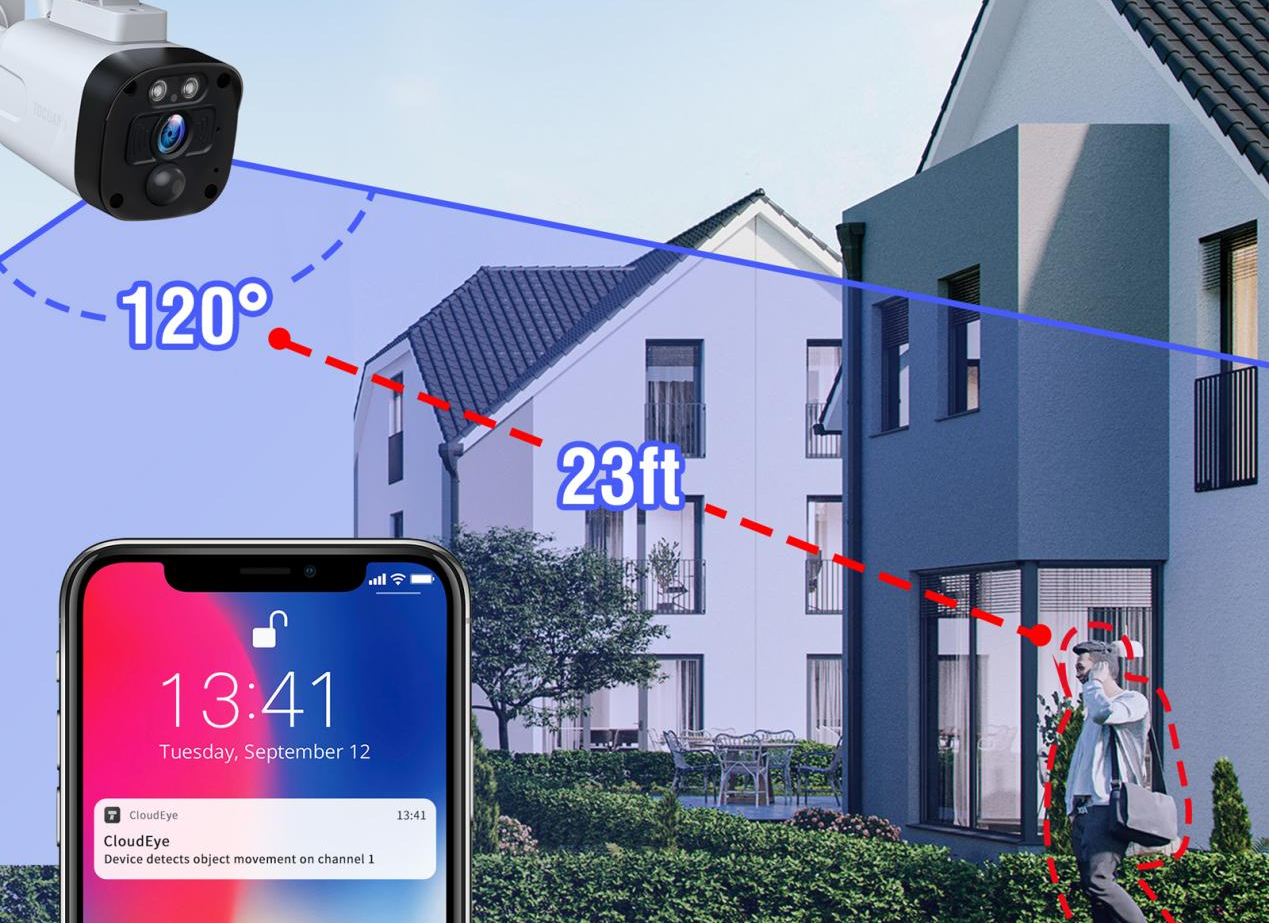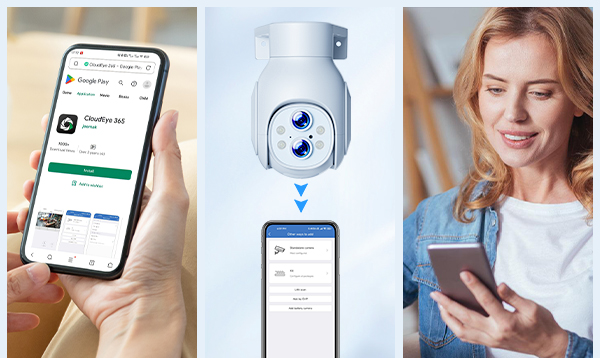Security cameras have become an essential tool for protecting homes and ensuring the safety of families and property. However, along with the benefits of surveillance come legal considerations that homeowners must be aware of. In this blog, we'll explore the legal aspects of using security cameras and what homeowners should know to stay compliant with the law.
Privacy Laws and Regulations
Understanding Privacy Laws: Privacy laws vary by jurisdiction and may dictate where you can place security cameras, what areas they can capture, and how you can use the footage. It's essential to familiarize yourself with local laws and regulations governing surveillance and privacy rights.
Public vs. Private Spaces: While homeowners generally have the right to install security cameras on their private property, there are limitations when it comes to recording public spaces or areas where individuals have a reasonable expectation of privacy, such as bathrooms or bedrooms.
Notification and Consent
Disclosure Requirements: Some jurisdictions require homeowners to post visible signs indicating the presence of security cameras on their property. This serves as a form of notification to visitors and may help deter potential intruders.
Consent from Visitors: If you plan to record audio or video footage of visitors on your property, it's advisable to obtain their consent beforehand. This can help prevent legal disputes and ensure compliance with privacy laws.
Use of Recorded Footage
Purpose Limitation: The use of recorded footage should be limited to its intended purpose, such as protecting your property against theft, vandalism, or other criminal activities. Using surveillance footage for unrelated purposes, such as voyeurism or harassment, may violate privacy laws and lead to legal consequences.
Data Retention Policies: Establish clear policies for the retention and storage of surveillance footage to comply with data protection regulations. Delete footage that is no longer needed for security purposes to minimize the risk of privacy breaches.
Audio Recording Considerations
Audio Surveillance Laws: In some jurisdictions, recording audio conversations without the consent of all parties involved may be illegal. Before activating audio recording features on your security cameras, ensure compliance with applicable laws and regulations.
Public Announcement: If you choose to record audio on your property, consider making a public announcement or posting signs notifying visitors of the audio surveillance. This can help mitigate privacy concerns and ensure compliance with the law.
Data Security and Protection
Secure Storage: Take measures to secure the storage of surveillance footage to prevent unauthorized access or data breaches. Use encrypted storage solutions and regularly update passwords to protect sensitive information.
Access Control: Limit access to surveillance footage to authorized individuals and implement strict access controls to prevent misuse or unauthorized disclosure of recorded data.
Conclusion
While security cameras are valuable tools for enhancing home security, homeowners must navigate legal considerations to ensure compliance with privacy laws and regulations. By understanding privacy laws, obtaining consent when necessary, using recorded footage responsibly, adhering to audio recording laws, and prioritizing data security, homeowners can protect themselves from legal risks and privacy breaches.
Before installing security cameras on your property, consult legal experts or local authorities to understand the specific regulations that apply to your jurisdiction. By taking proactive steps to address legal aspects, homeowners can enjoy the benefits of surveillance while safeguarding privacy rights and staying on the right side of the law.




Leave a comment
This site is protected by hCaptcha and the hCaptcha Privacy Policy and Terms of Service apply.